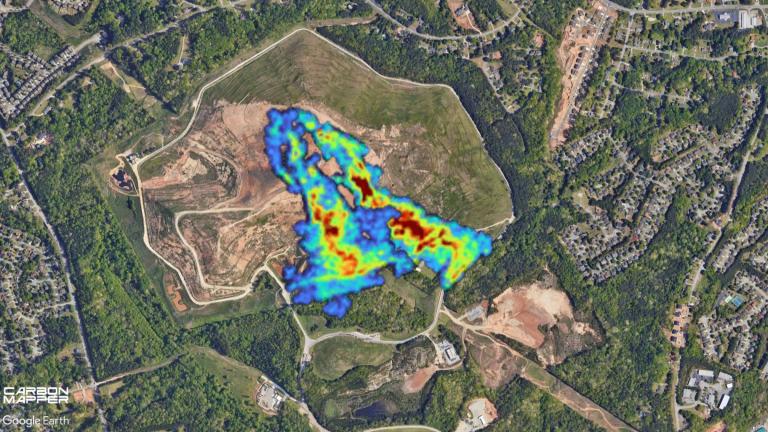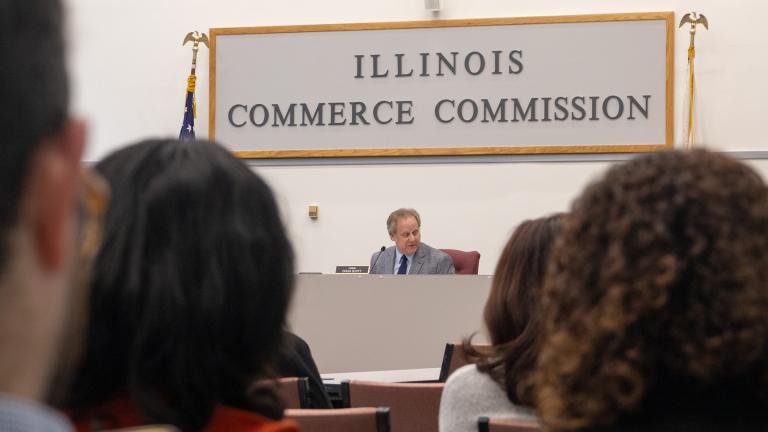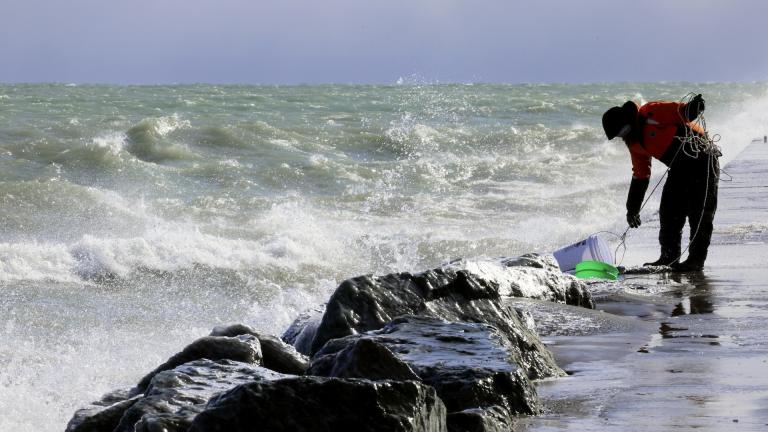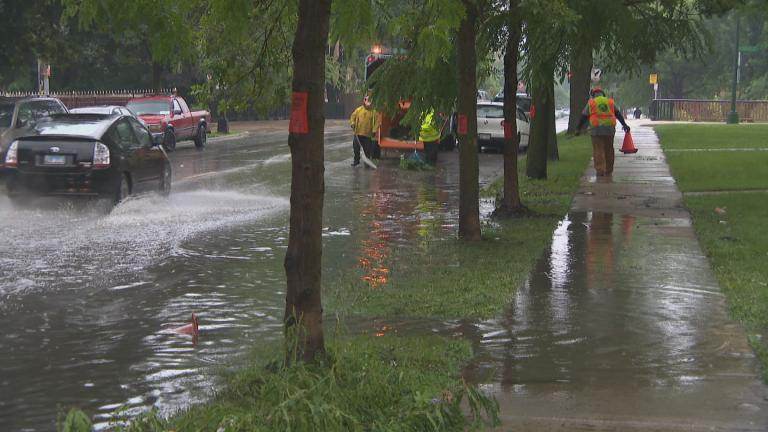Chicago’s beaches are bearing the brunt of fluctuating lake levels and worsening erosion.
This, as Lake Michigan levels drop, following two years of record highs.
The Chicago Tribune did a deep dive into the issue this weekend as the city looks to take action to address repairs that are needed on Chicago’s lakefront.
Casey Sebetto, coastal resilience specialist for the Illinois Department of Natural Resources’ Coastal Management Program and the University of Illinois at Urbana Champaign Prairie Research Institute, says lake levels are cyclical in nature, but the extent to which lake levels have fluctuated is significant.
“The lakes went from record lows to record highs in a really short period of time,” Sebetto said. “Many coastal landowners didn't have time to appropriately prepare for this rise and what it would mean for coastal management such as the erosion associated with record high lake levels.”
Joel Brammeier, president and CEO of Alliance for the Great Lakes, says the current lake level is still above the long-term average.
“Anybody who has lived in Chicago for a little while will see that the water level looks like it’s way down,” Brammeier said. “What that’s uncovered is a lot of damage to the shoreline during those record-highs. A lot of Chicago’s shoreline is artificial. Beaches were built up over the last century and a lot of that sand got scoured away and you’re left with rocks, walls … people notice this because you don’t see the beaches you’re used to seeing.”
The U.S. Army Corps of Engineers is embarking on its first comprehensive study of the city’s lakefront in more than 25 years to find better protection amid climate change and flooding.








